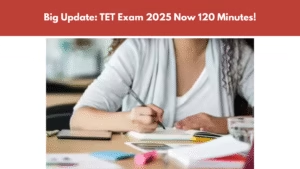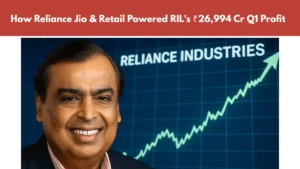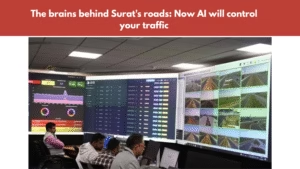The Future of Work: The Three Jobs That Will Stand Strong Against AI
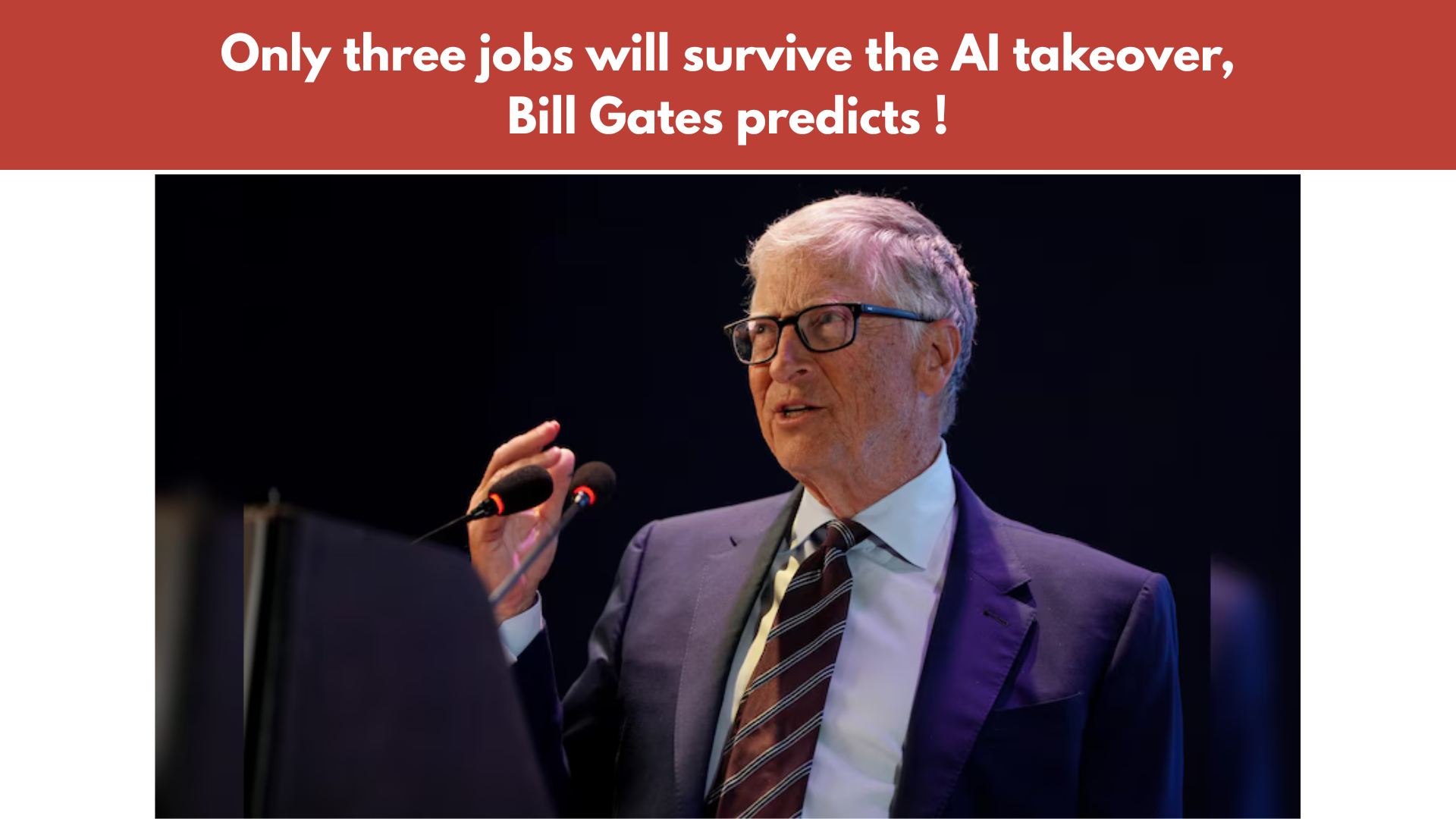
The Future of Work
The Future of Work : Bill Gates cautions that although coders, energy specialists, and biologists will continue to be crucial for the time being, AI is transforming industries and could result in job displacement. These occupations, which are essential to scientific research, energy planning, and AI development, call on abilities that AI is not yet able to imitate. As AI’s effects on the labor market change, Gates counsels employees to adjust.
Artificial intelligence is becoming a reality and changing sectors at a rate never seen before. It is no longer a sci-fi dream. While some view AI as a game-changing technology, others worry that it may soon lead to a mass loss of jobs. Bill Gates, a tech mogul, says those concerns may not be wholly unjustified.
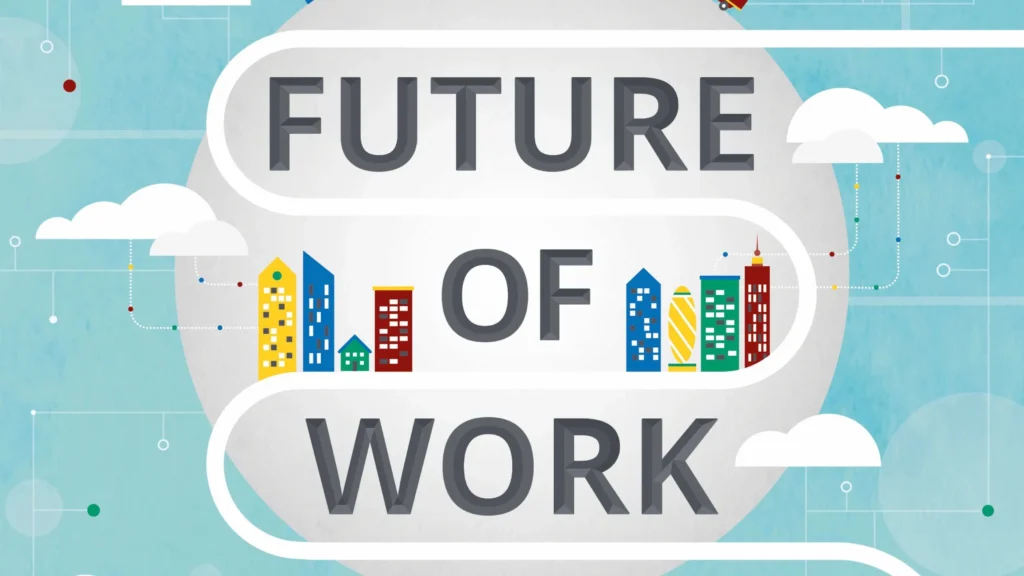
Gates has cautioned that in the upcoming years, AI will automate occupations in a variety of industries, making many jobs redundant. However, despite the uncertainties, he has determined that three occupations will probably endure the AI revolution—at least for the time being.(The Future of Work)
The Three Jobs AI Can’t (Yet) Replace : (The Future of Work)
1.The Architects of AI: Coders
Ironically, those who are most likely to maintain their jobs are those who are developing AI systems. Even though AI has advanced significantly in writing code, it still lacks the accuracy and problem-solving abilities required to produce sophisticated software. Gates thinks that in order to debug, improve, and advance AI itself, human programmers will continue to be crucial.

To put it simply, coders are a unique kind of labor whose abilities will only increase in value because AI requires humans to develop and maintain it.
2.Energy Professionals: The Keepers of Strength
AI cannot handle the size and complexity of the energy sector on its own. Whether working with nuclear, oil, or renewable energy, industry professionals must negotiate regulatory environments, plan sustainable solutions, and manage the unpredictability of the world’s energy needs.(The Future of Work)
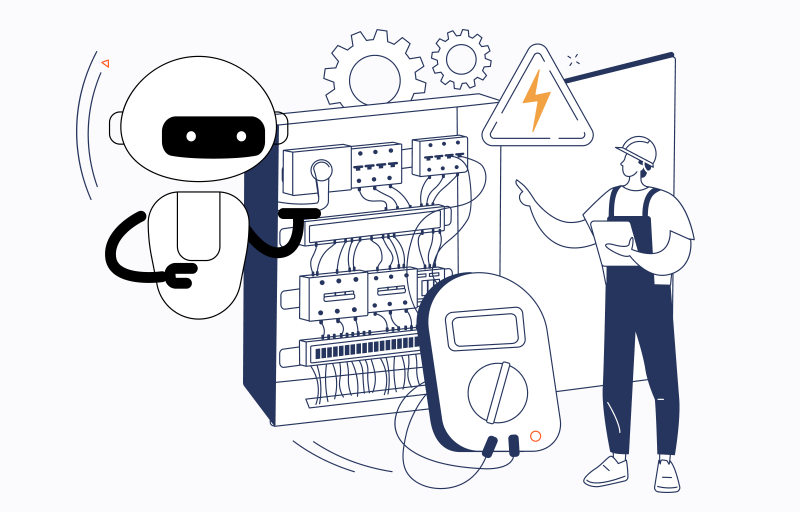
Gates contends that human skill is indispensable in crisis management and decision-making, even though AI can help with analysis and efficiency. Energy professionals are still essential for the time being.
3.Biologists: The Life-Explorers
AI still finds it difficult to replace the creativity, intuition, and critical thinking that biologists depend on, especially in scientific discoveries and medical research. AI is capable of analyzing large datasets and helping with disease diagnosis, but it is not able to generate novel theories or make logical scientific advances.(The Future of Work)
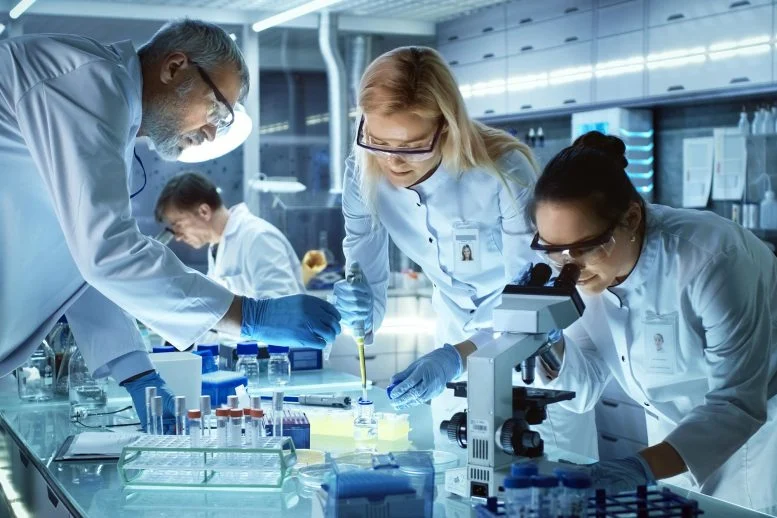
According to Gates, biologists will remain essential in improving healthcare and comprehending the intricacies of life, with artificial intelligence acting as a potent tool.
An AI-Reshaped Future That Is Not Total Overtaken :
Gates admits that his predictions might not come to pass and that AI’s impact on the labor market will probably change in ways that are not yet apparent. Similar to how the internet and the Industrial Revolution changed the workforce, artificial intelligence will change how we work and what skills are still useful.
For now, people in the fields of biology, energy, and coding can relax a bit. But what about the others? Perhaps it’s time to innovate, upskill, or, as Gates says, get ready for a future in which AI is a rival rather than merely an assistance.
The shocking AI prophecy by Bill Gates : In ten years, humans won’t be required “for most things.”
Although tech guru Bill Gates has never been afraid to make audacious forecasts, his most recent one is maybe the most disturbing to date. According to the billionaire philanthropist and co-founder of Microsoft, artificial intelligence will evolve to the point where humans are no longer required “for most things” in just ten years.
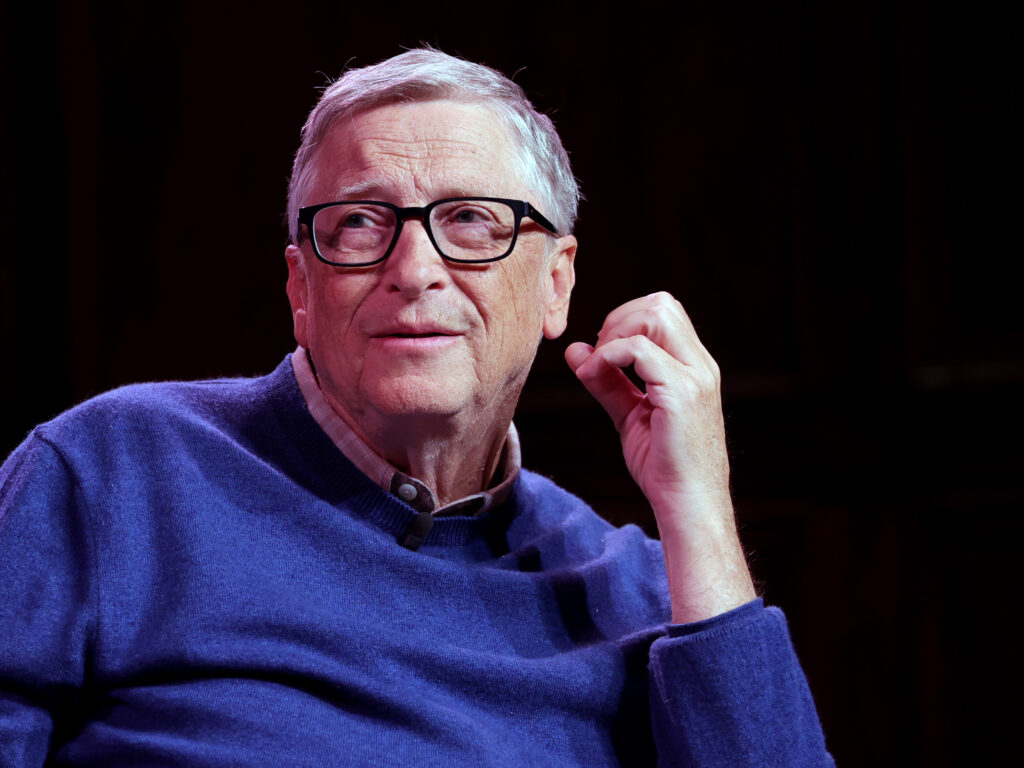
While we presently rely on human specialists, including doctors and teachers, Gates clarified in an interview with Jimmy Fallon on The Tonight Show that the development of AI will make expert-level knowledge publicly available, inexpensive, and free. “Excellent tutoring and medical advice will become standard practice,” he said.
Gates redoubled his efforts in a different interview with Harvard professor Arthur Brooks.
